Russia points finger at ‘Anglo-Saxons’ in 2022 Nord Stream blasts
The Kremlin says the United States and some of its allies were aware of a Ukrainian plan last year to blow up the Nord Stream natural gas pipelines that connect Russia to Germany under the Baltic Sea.
"We have already talked about the data we have about the possible involvement of the Anglo-Saxons in this terrorist attack against international energy infrastructure," the Kremlin spokesman Dmitry Peskov told reporters on Thursday.
"All other details should be revealed in the course of a transparent international investigation, which is not currently taking place, and the Russian side is not allowed to join any attempted investigation."
The Kremlin uses the term Anglo-Saxons to refer to the United States and Britain.
On Tuesday, the Washington Post, citing leaked information, reported that the CIA learned in June 2022 through a European spy agency that a six-person Ukrainian special forces team intended to blow up the pipelines.
The explosions ruptured both Nord Stream 1 and the newly built Nord Stream 2 pipelines on September 26, 2022. Following the blasts, Denmark, Germany, and Sweden conducted investigations. Russia was barred from participating.
The preliminary results of a joint probe by Sweden and Denmark showed the blasts had been "intentional sabotage," but the responsibility was not assigned to any party.
Russia accused the investigators of foot-dragging in specifying who was behind the attack.
Veteran American investigative journalist Seymour Hersh, in a detailed report published on his blog earlier this year, claimed the bombing had been directly ordered by US President Joe Biden and carried out by the CIA with the help of the US Navy.
In an interview with Russia’s state-run RIA-Novosti news agency in March, Dmitry Birichevsky, head of the Russian Foreign Ministry's department for economic cooperation, said Moscow also intended to open an international probe into the act of sabotage.
Russia: Ammonia pipeline blast may end grain deal with Ukraine
Elsewhere in his remarks on Thursday, Peskov blamed Ukraine for a blast on a key ammonia pipeline, saying it may have a negative impact on efforts to renew a landmark Black Sea grain export deal.
Before the war, the 2,500-kilometer pipeline, which runs from the Russian city of Togliatti to three Black Sea ports in southern and western Ukraine, exported 2.5 million tonnes of ammonia annually. But operations on the pipeline ceased after the war broke out in February 2022.
Peskov said the blast “can only have a negative impact” on talks to renew the deal.
“You know that this topic figured as an integral part of the half of the deal that concerned us, so this is yet another complication in terms of extending the deal.”
“We don't know what kind of destruction there is, we don't know what the Ukrainian side is going to do next.”
Russian Industry and Trade Minister Denis Manturov said earlier on Thursday that Moscow had no access to the damaged part of the pipeline.
Russian Foreign Ministry spokeswoman Maria Zakharova said on Wednesday repair would take one to three months.
Russia accuses Ukrainian forces of blowing up a part of the pipeline in Ukraine's Kharkiv region on June 5.
Ukraine denies being behind the blast. The regional Ukrainian governor said Russia was the one who had shelled the pipeline on June 6.
President Volodymyr Zelensky of Ukraine told reporters the attack had been carried out in a "gray zone" between territory controlled by Ukraine and Russia. "It's one story when it is the consequences of war. Yes, the Russian Federation is to blame, but those are the consequences of war."
During talks to ensure the export of grain from Ukraine last year, Kiev and Moscow struck a deal to ensure the safe passage of ammonia through the pipeline, which is a key ingredient in the production of fertilizers.
The landmark deal brokered by the United Nations and Turkey was initially agreed in June 2022 for 120 days, and has been extended three times since. The current agreement is set to expire on July 17.
Zelensky’s name appears over 50 times in Epstein files: Opposition leader
Tehran rejects Trump’s riot death toll, demands proof
VIDEO | Police battle opposition protesters in Albanian capital
Israeli expansion across West Asia would be ‘fine’: US envoy
VIDEO | UK court frees remaining jailed members of Palestine Action
VIDEO | Former prince Andrew arrested by British police
VIDEO | Backlash mounts as Pakistan joins US-led Gaza ‘Board of Peace’
Saudi-Greece fiber optic project to pass through Syria instead of occupied territories: Report


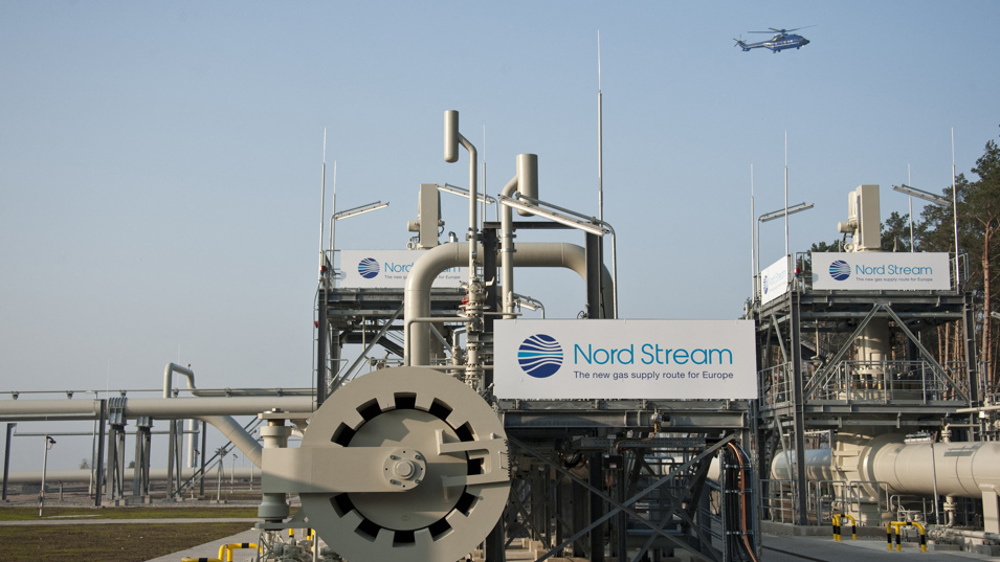
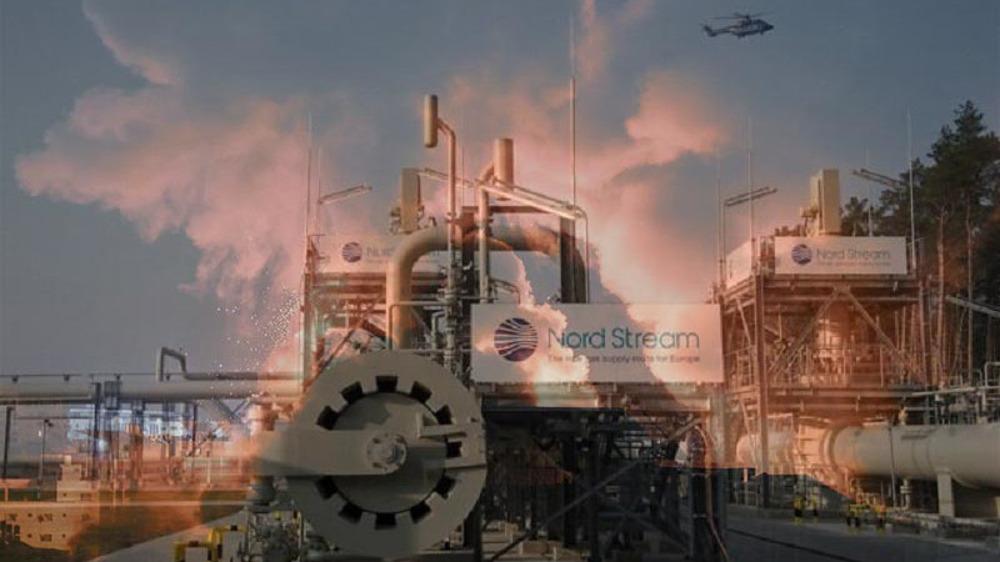
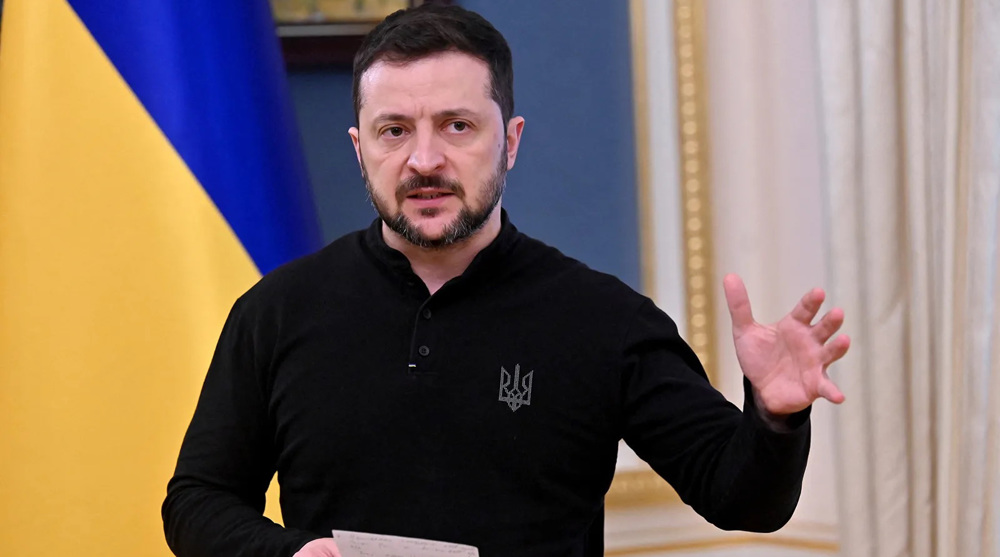
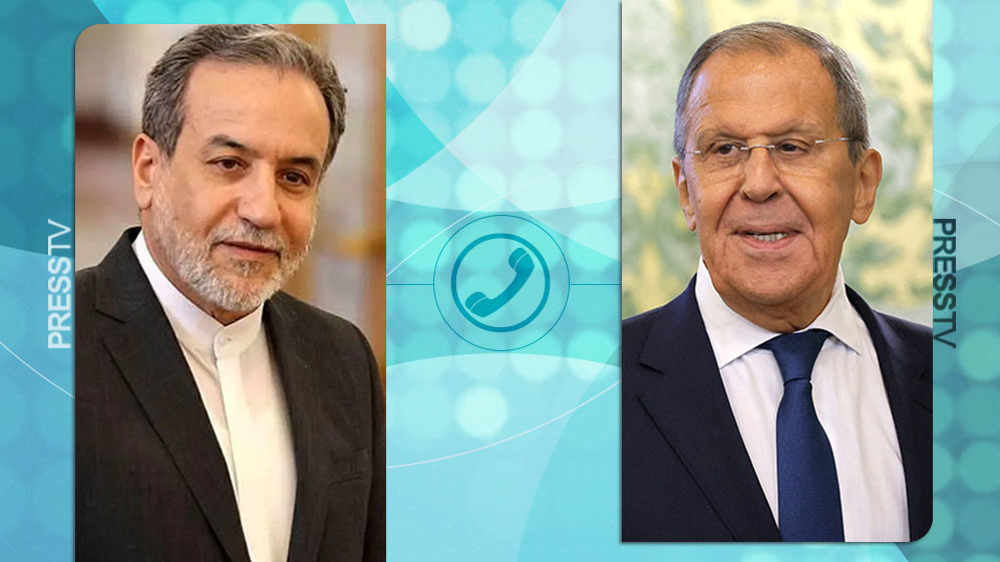
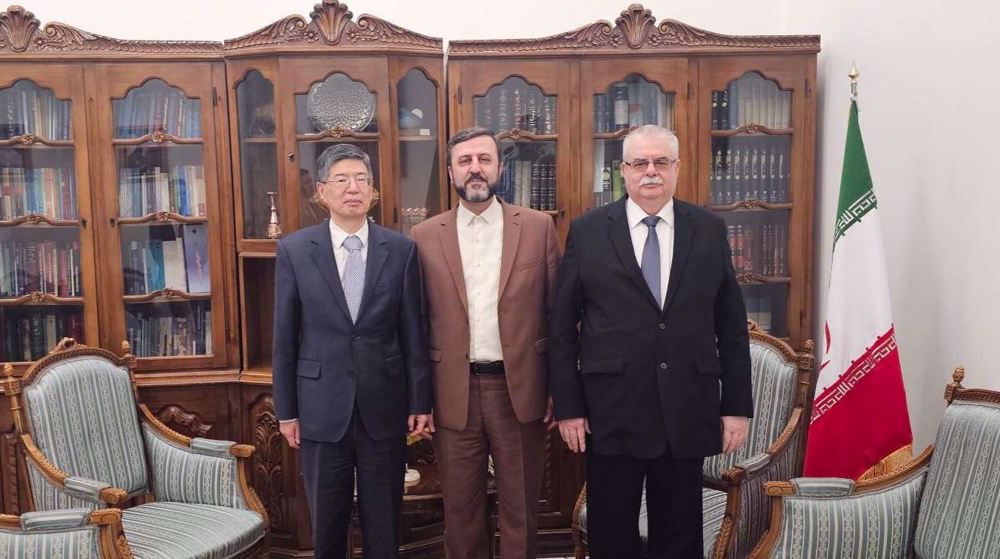




 This makes it easy to access the Press TV website
This makes it easy to access the Press TV website